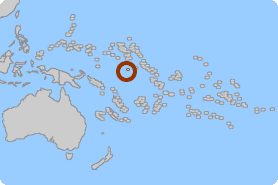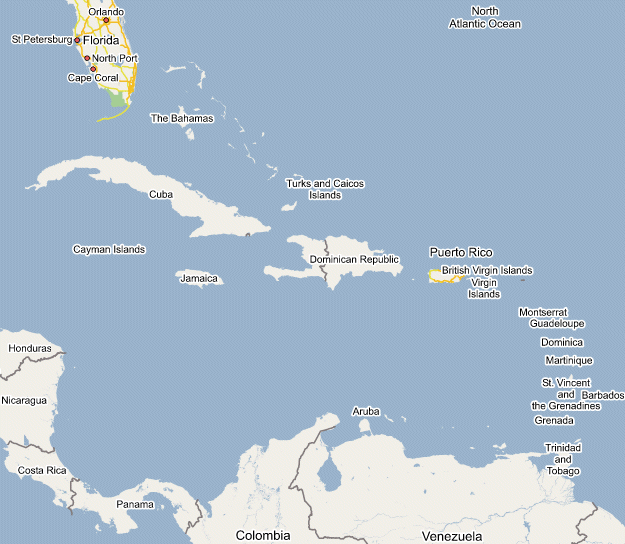Ilankai Tamil Sangam30th Year on the Web Association of Tamils of Sri Lanka in the USA |
|||
 Home Home Archives Archives |
US and Australia Strike Refugee Dealby Rob Taylor, Reuters, April 17, 2007
CANBERRA - Australia and the United States have struck a deal to swap refugees, which immigration officials said was aimed at deterring people-smuggling into the two countries. Cuban refugees held by the United States in Guantanamo Bay will be resettled in Australia and Australia will send boatpeople from its Pacific detention centre to the United States under the agreement signed last week. "It is part of our policy to reinforce the message to those who would engage in people smuggling that this country has a very tough border protection policy," Australian Prime Minister John Howard told local radio on Wednesday. Each year the U.S. detains thousands of Cuban "rafters" or "balseros" fleeing the rule of Fidel Castro. Australia received around 4,100 refugees in 2001 before sending the navy to blockade the country's northern borders, a move which reduced the number to a trickle. The deal, agreed by immigration authorities from both countries in Washington, allows a maximum of 200 asylum seekers to be resettled as refugees in both countries every year. The first to be considered under the exchange plan will be 83 Sri Lankans and 8 Burmese being assessed in Australia's detention centre on the island nation of Nauru. "We are swapping from the Pacific to the Atlantic Solution and it sounds a bit like involuntary transportation, which doesn't sound protective of human rights," Canberra-based Human Rights and Discrimination Commissioner Helen Watchirs said. Howard denied the plan would encourage illegal immigrants to head for Australia in the hope of eventually being resettled in the United States. "We are not going to have our very generous humanitarian refugee program distorted by people smugglers," Howard said. "What discourages people is the knowledge that they can't get to the Australian mainland." But Labor opposition lawmaker Tony Burke said the plan would backfire for Canberra, as most refugee camps around the world were filled with people hoping to get to the U.S. Watchirs said she had concerns about the deal as the United States was not a signatory to many of the international human rights treaties which Australia had signed. "I'm quite concerned what the conditions of detention would be," she said. "Are they going to pass the Patriot Test in the U.S., are they going to pass our health tests?" Australia's "Pacific Solution" has been criticized by rights groups including Amnesty International, which has accused Canberra of failing to meet obligations to asylum seekers. Many people processed on isolated Nauru have been held for more than three years in detention while their claims were assessed and were later found to be genuine refugees. |
||
|
|||
 Australia introduced a "Pacific Solution" to combat illegal immigration in 2001. Under the plan people intercepted trying to reach the mainland in boats are sent to detention camps in Nauru and Papua New Guinea while their claims are assessed.
Australia introduced a "Pacific Solution" to combat illegal immigration in 2001. Under the plan people intercepted trying to reach the mainland in boats are sent to detention camps in Nauru and Papua New Guinea while their claims are assessed. "What John Howard is doing is saying to people around the world 'If you want to get to the U.S. the way to do it is hop on a boat and go to (Australia's) Christmas Island," Burke said.
"What John Howard is doing is saying to people around the world 'If you want to get to the U.S. the way to do it is hop on a boat and go to (Australia's) Christmas Island," Burke said.